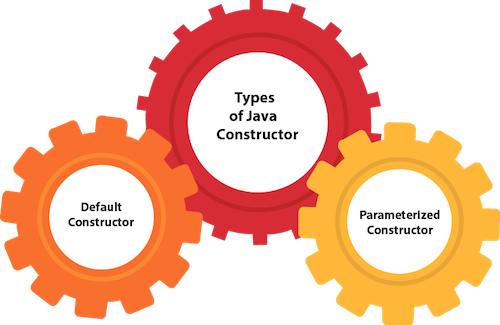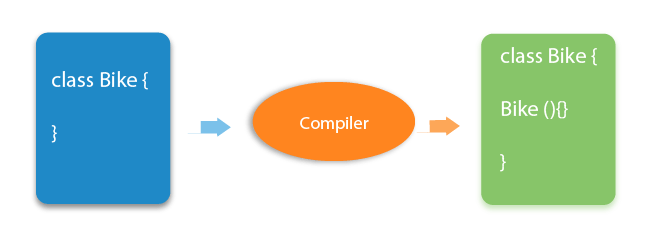Interview :: Core Java
The Object is the real-time entity having some state and behavior. In Java, Object is an instance of the class having the instance variables as the state of the object and the methods as the behavior of the object. The object of a class can be created by using the new keyword.
There are the following basic differences between the object-oriented language and object-based language.
- Object-oriented languages follow all the concepts of OOPs whereas, the object-based language doesn't follow all the concepts of OOPs like inheritance and polymorphism.
- Object-oriented languages do not have the inbuilt objects whereas Object-based languages have the inbuilt objects, for example, JavaScript has window object.
- Examples of object-oriented programming are Java, C#, Smalltalk, etc. whereas the examples of object-based languages are JavaScript, VBScript, etc.
All object references are initialized to null in Java.
The constructor can be defined as the special type of method that is used to initialize the state of an object. It is invoked when the class is instantiated, and the memory is allocated for the object. Every time, an object is created using the new keyword, the default constructor of the class is called. The name of the constructor must be similar to the class name. The constructor must not have an explicit return type.
Based on the parameters passed in the constructors, there are two types of constructors in Java.
- Default Constructor: default constructor is the one which does not accept any value. The default constructor is mainly used to initialize the instance variable with the default values. It can also be used for performing some useful task on object creation. A default constructor is invoked implicitly by the compiler if there is no constructor defined in the class.
- Parameterized Constructor: The parameterized constructor is the one which can initialize the instance variables with the given values. In other words, we can say that the constructors which can accept the arguments are called parameterized constructors.

The purpose of the default constructor is to assign the default value to the objects. The java compiler creates a default constructor implicitly if there is no constructor in the class.
Test it NowOutput:
0 null 0 null
Explanation: In the above class, you are not creating any constructor, so compiler provides you a default constructor. Here 0 and null values are provided by default constructor.

No, The constructor is not inherited.
No, the constructor can't be final.
Yes, the constructors can be overloaded by changing the number of arguments accepted by the constructor or by changing the data type of the parameters. Consider the following example.
In the above program, The constructor Test is overloaded with another constructor. In the first call to the constructor, The constructor with one argument is called, and i will be initialized with the value 10. However, In the second call to the constructor, The constructor with the 2 arguments is called, and i will be initialized with the value 15.
